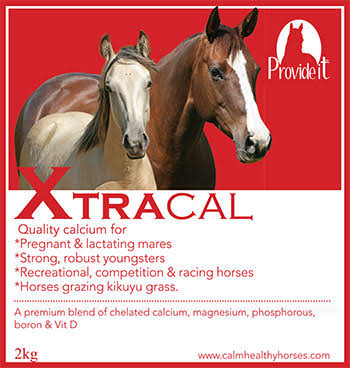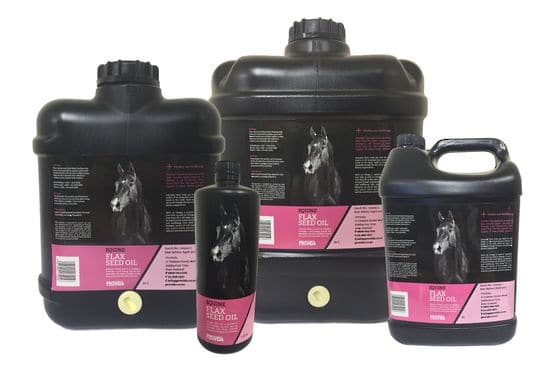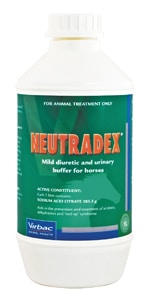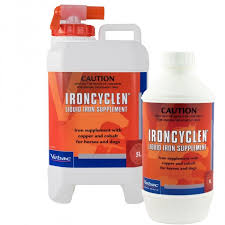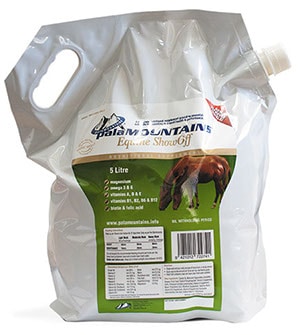XtraCal
$73.00
A blend of organic calcium with essential co-factors (magnesium, boron, phosphorous and Vit D) to ensure efficient absorption.
Additional calcium is required for:
- Pregnant mares to build the skeleton (and other tissues) of the unborn foal
- Lactating mares especially until the foal is about 3 months old. Young foals take virtually all their nutrition from their mother’s milk. For instance if Mum doesn’t receive enough calcium from her diet then it is dragged out of her bones to supply the needs of the growing foal. This is detrimental to her long term health and means the foal may not get all he requires to be strong and healthy
- Horses that are working hard suffer a lot of ‘wear and tear’ and can lose calcium in their sweat
Oxalates present in certain grasses, (especially kikuyu in New Zealand) bind up the calcium making it unavailable to the horse. The organic calcium in Xtra Cal is already bound so cannot be bound by oxalates and is therefore available to the horse. - * Pregnant and lactating mares that are also grazing oxalate grasses are very vulnerable to calcium deficiency.
A blend of organic calcium with essential co-factors (magnesium, boron, phosphorous and Vit D) to ensure efficient absorption.
Additional calcium is required for:
- Pregnant mares to build the skeleton (and other tissues) of the unborn foal
- Lactating mares especially until the foal is about 3 months old. Young foals take virtually all their nutrition from their mother’s milk. For instance if Mum doesn’t receive enough calcium from her diet then it is dragged out of her bones to supply the needs of the growing foal. This is detrimental to her long term health and means the foal may not get all he requires to be strong and healthy
- Horses that are working hard suffer a lot of ‘wear and tear’ and can lose calcium in their sweat
Oxalates present in certain grasses, (especially kikuyu in New Zealand) bind up the calcium making it unavailable to the horse. The organic calcium in Xtra Cal is already bound so cannot be bound by oxalates and is therefore available to the horse. - * Pregnant and lactating mares that are also grazing oxalate grasses are very vulnerable to calcium deficiency.

